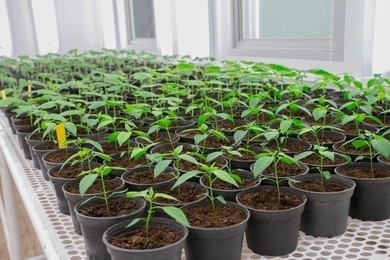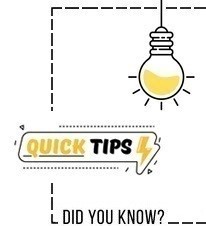Sugar-Free Micropropagation Platform

Plant sugar-free tissue culture micropropagation technology, also known as photoautotrophic micropropagation, is an organic combination of environmental control technology and tissue culture technology by importing CO2 instead of sugar as a carbon source in traditional plant tissue culture and using microenvironmental control technology to provide conditions such as temperature, humidity, light, gas, and nutrients suitable for plant growth so that small plants in culture vessels can absorb CO2 for photosynthesis under artificial light.
At present, Lifeasible has applied this technology to ornamental plants, cash crops, and some medicinal plants and obtained good culture results, so that the obtained tissue culture seedlings have excellent biological traits such as more leaf extraction, robust plants, short node spacing, developed root system, more dry matter accumulation and strong photosynthetic autotrophic ability.
Advantages of the plant sugar-free micropropagation technology we provide
-
In the traditional plant tissue culture system, plantlets are grown heterotrophically or parthenogenically with sugar as the carbon source, and sugar is an indispensable substance. In contrast, Lifeasible replaces sugar with CO2 as the carbon source for plantlet growth in the sugar-free tissue culture micropropagation technology, so that they can grow completely autotrophically by absorbing CO2 under artificial light, avoiding microbial contamination to a certain extent.
-
While conventional tissue culture generally uses small culture vessels, sugar-free tissue culture micropropagation reduces contamination rates due to the removal of sugar, making the use of various types of large culture vessels possible. Therefore, Lifeasible can provide customers with different sizes of culture vessels according to the needs of culture materials and production scale.
-
Agar is the most commonly used substrate in traditional tissue culture, but it has poor permeability and is not conducive to the movement and absorption of water, gas, and nutrients. While sugar-free tissue culture micropropagation has a relatively wide choice of substrates, Lifeasible may choose some porous inorganic substrates, such as vermiculite, fiber, perlite, molded rock wool, stone sand substrate, etc. These substrates improve the rooting rate of plantlets due to their good permeability and are relatively inexpensive compared to agar, saving customers' project costs.
-
Conventional tissue culture seedlings often vitrify, showing various physiological or morphological abnormalities. Lifeasible uses sugar-free tissue culture micropropagation technology to significantly reduce vitrification in tissue culture seedlings by improving the aeration and light conditions in the tissue culture environment.

Lifeasible' sugar-free micropropagation technology service platform not only solves many problems in traditional tissue culture, but also significantly improves seedling quality, shortens the culture cycle, increases seedling production rate, and reduces the customer investment cost. We are the right choice for your plant tissue culture project.
You want to sign a confidentiality agreement.
You have a specific plant species for your experimental needs.
You have a reliable and relevant cooperation project to discuss.
You are very interested in our project or have any questions.
You need an updated and detailed quotation.
For research or industrial use.




